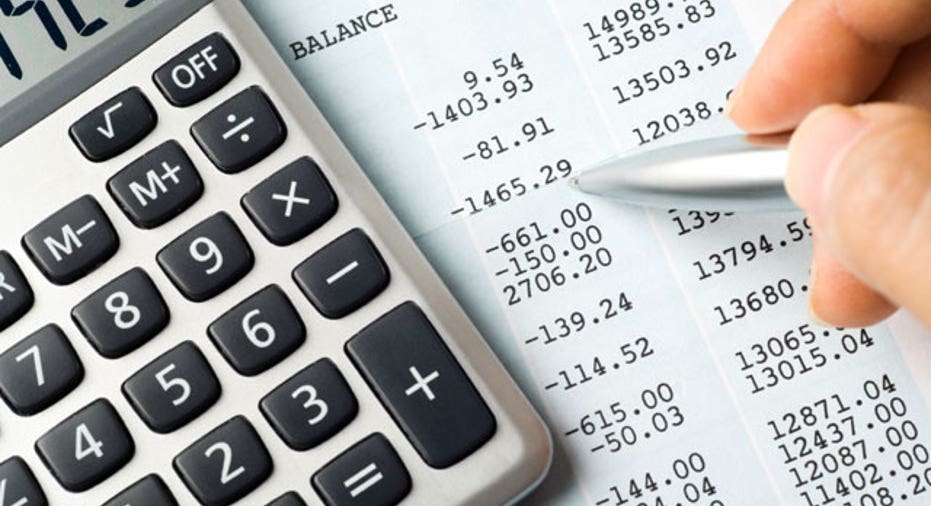How to Pay Taxes on a Roth IRA Conversion

Dear Tax Talk,
I rolled over my traditional IRA into a Roth IRA last year and opted to defer the taxes over 2011 and 2012. I was unemployed in mid-2010 and I'm still not working (yikes!). I have savings and know that I'll have this tax bill coming up. & Say that my IRA was $150,000. Does this mean that it would be split $75,000 as income for 2011 and 2012, and I'll have to pay the taxes on that? I may be OK since not working I'll be in a lower tax bracket. Is this how it works? Or was the tax owed calculated for 2010, and I'll have to pay half of that for 2011 and the other half in 2012? Thanks in advance for your help.
--Wayne
Dear Wayne,
Yikes is right. With an uncertain future, getting hit with a tax bill for the rollover may be the last thing you need. The good news is that you can split the tax bill between 2011 and 2012, and you can choose to include it as income over those two years as well. Splitting the income between the two years may be beneficial if you don't restart work by the end of 2012. Of course, you'd probably prefer to get back to work sooner than that and pay a little more in taxes.
Prior to 2010, your modified AGI had to be below $100,000 to make the conversion. Currently, there is no income limitation to make the conversion. For 2010 only, you could choose to include the entire conversion amount in your income in 2010 or split it between 2011 and 2012. If you choose to include it in income in 2010, your choice is irrevocable after the due date of that return, including extensions. For subsequent year conversions, there is no splitting among years. In other words, amounts converted in 2011 are included entirely in income in 2011 and are not eligible for splitting.
If you included it in income in 2010, your tax was already due by April 15. If you split it between the two years, you'll pay over the next two years. You may need to make estimated tax payments to avoid penalties.
I've never been a proponent of taxable conversions to Roth IRAs. Why pay tax early when you do not know what the future can bring? In your case, after the conversion you became unemployed and now face a tax bill that you have to pay by taking funds that you probably need to sustain you during this period of unemployment. In other cases, I've seen folks pay taxes on higher values only to have the IRA be worth a portion of what they paid taxes on.
Conversion pretty much only makes sense for individuals who have nondeductible IRAs with little or no growth so their income inclusion is minimized.



















